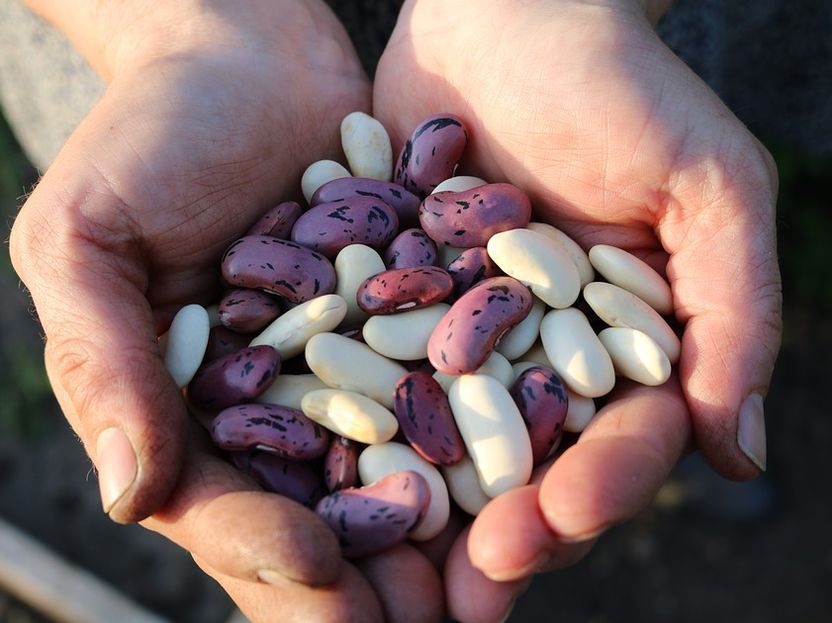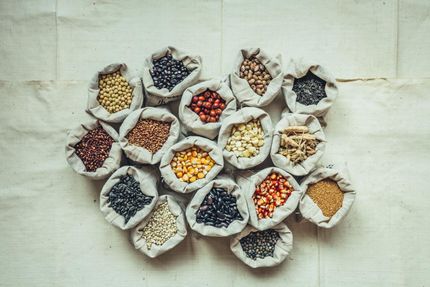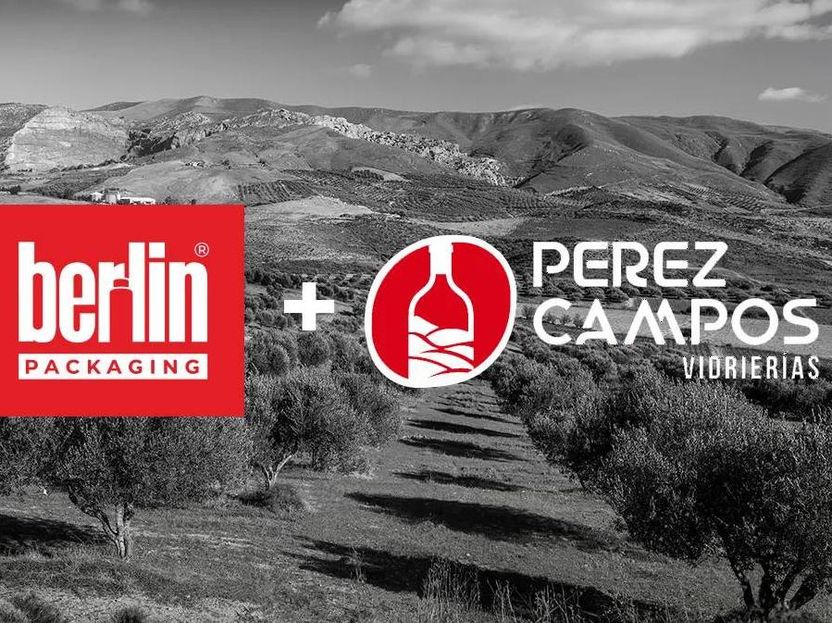Imported pulses in India are safe for consumption
Advertisement
Pulses and beans imported into India are safe. There is no concern regarding the presence of glyphosate in these commodities. This is based on results of testing of these products over the past one month. FSSAI had instructed its import offices at ports to start monitoring for presence of glyphosate for pulses and beans last month. Pulses and beans are imported into India mainly through Mumbai, Chennai and Tuticorin. Speaking on the issue, CEO, FSSAI Pawan Agarwal reassured that such monitoring of pulses for glyphosate will continue for some more time till it is established for sure that there are no residues of glyphosate in imported pulses.
Glyphosate is a non-selective herbicide which is used to kill weeds, especially annual broadleaf weeds and grasses that compete with crops. Glyphosate is absorbed through foliage and minimally through roots, meaning that it is only effective on actively growing plants and cannot prevent seeds from germinating.
In India, as per Central Insecticide Board and Registration Committee (CIBRC), Herbicide “Glyphosate” is registered under section 9(3) of the Insecticide Act, 1968 and food safety and Standards (Contaminants, Toxins and Residues) Regulations, 2011, prescribes Maximum Residue Level (MRL) of 1.0 mg/kg for the presence of Glyphosate in Tea. There are no prescribed MRLs for “Glyphosate” for pulses in Food safety and Standards (Contaminants, Toxins and Residues) Regulations, 2011. So, considering representations received in FSSAI concerning high levels of Glyphosate in imported pulses, an order dated 12.10.18 was issued by FSSAI, wherein MRL for glyphosate in pulses as specified by Codex Alimentarius Commission (CAC) would be considered for testing of pulses until FSSAI specify its own limits. Authorised Officers at ports have been directed to monitor and share data with FSSAI, HQ every 15 days for the presence of Glyphosate in imported pulses.
Whenever imported food articles are referred to FSSAI for clearance by the Customs Authorities are subjected to scrutiny, visual analysis, sampling and testing in order to determine whether or not they conform to the safety and quality standards established and laid down under Food Safety and Standards Regulations and various orders issued from time to time. If sample is found conforming, No Objection Certificate (NOC) is generated and if not, NonConforming Report (NCR) is generated.
After order dated 12.10.18, monthly data pertaining to Glyphosate level in pulses received from ports directly handled by FSSAI was analyzed and it has been observed that of the 319 consignments tested, glyphosate residues were found in only 7 consignments and that too were within the prescribed MRLs. So, it may be observed from above that there is no concern of any kind, as FSSAI Authorized Officers at ports are regularly monitoring the presence of Glyphosate in pulses at the time of import before their clearances.
CEO, FSSAI expressed concern that the order dated 12 October 2018 was misreported by certain sections of media which creates a scare among public at large about safety of pulses. He hoped that the media is more circumspect while reporting on the issue of food safety so that public trust in food available in the market is maintained. He also pointed out that FSSAI will soon organize a workshop for media professionals on risk communication around food safety to build media capacity on responsible reporting of issues on food safety.

Pexels/ Pixabay
Other news from the department business & finance
Most read news
More news from our other portals
See the theme worlds for related content
Topic world Food safety
Food safety is at the heart of the food and beverage industry. It ensures that the food we eat every day is not only nutritious, but also free of harmful contaminants. From field to plate, the industry monitors and regulates every step of the process with strict quality controls, advanced testing methods and continuous research.

Topic world Food safety
Food safety is at the heart of the food and beverage industry. It ensures that the food we eat every day is not only nutritious, but also free of harmful contaminants. From field to plate, the industry monitors and regulates every step of the process with strict quality controls, advanced testing methods and continuous research.





























































